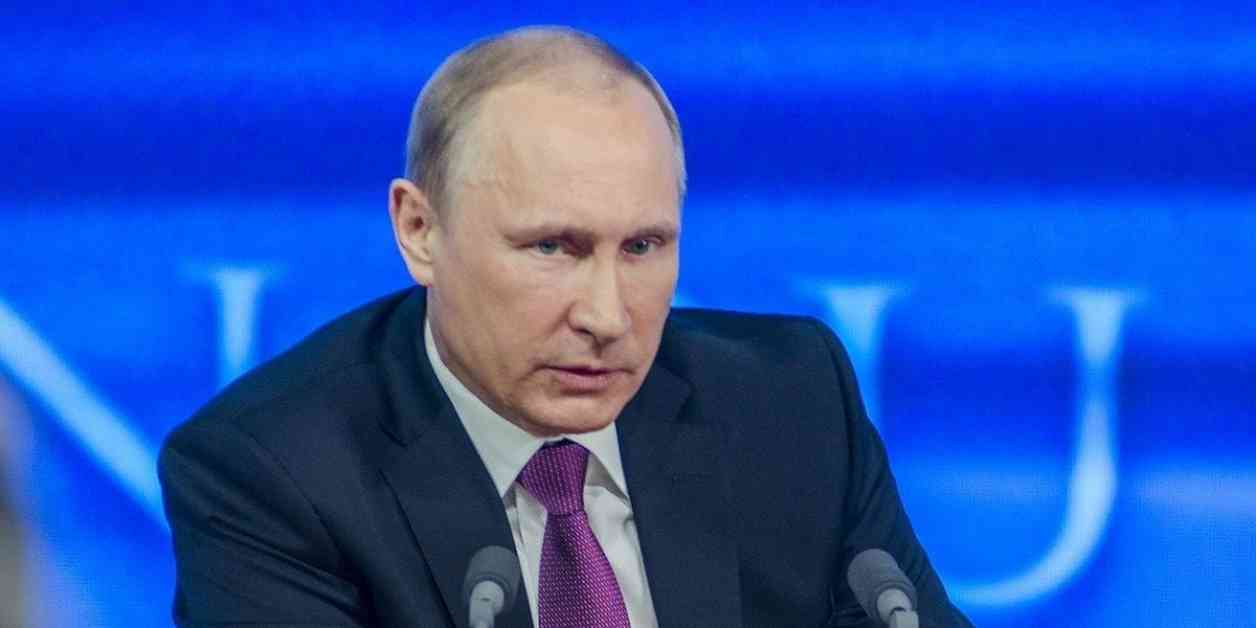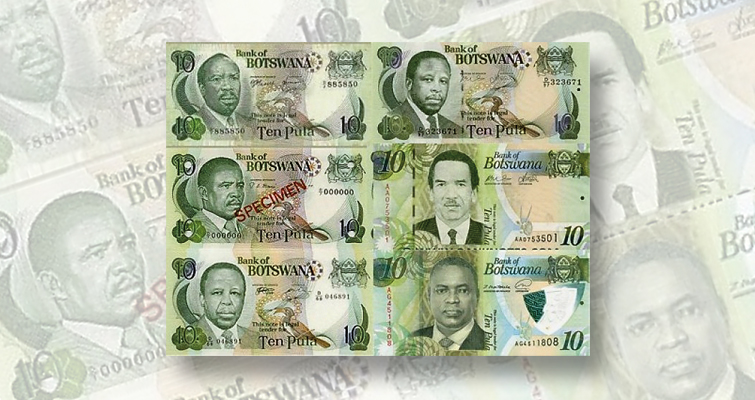Russia’s Latest Strategy: Using Cryptocurrency to Circumvent Sanctions
Russia is set to embark on a trial of cross-border payments using cryptocurrency starting next week, in a move aimed at bypassing international sanctions imposed on the country. The legislation allowing for these cross-border payments was passed at the end of July and quickly signed into law by President Vladimir Putin. While the law does not lift the existing ban on using cryptocurrencies as legal tender for regular payments within Russia, it does permit the use of crypto for cross-border transactions.
The primary goal of this new law, according to recent statements from senior Russian leaders, is to utilize cryptocurrency as a means to counter the impact of sanctions imposed by various countries, including the U.S. and the European Union. Russia’s economy has been severely affected by these sanctions, particularly following its invasion of Ukraine.
The law grants authority to Russia’s central bank to oversee an “experimental” regime for these cross-border crypto payments. However, the specifics of how these payments will be conducted remain unclear, as the legislation does not provide detailed rules for such transactions. Instead, the central bank will have the discretion to establish and regulate this experimental regime.
The Impact of Sanctions on Russia
Since Russia’s invasion of Ukraine in February 2022, the country has faced a significant number of sanctions from the U.S., U.K., European Union, Australia, Canada, and Japan. These sanctions have had a detrimental effect on Russia’s economy, with a substantial portion of its foreign currency reserves frozen and select Russian banks disconnected from the interbank messaging system SWIFT.
According to Valerie Kennedy, director of investigations at blockchain analytics firm Chainalysis, the passing of these bills by the Russian government signifies a continuation of Russia’s evolving strategy to evade Western sanctions. The European Union reported that about half of Russia’s total foreign currency reserves, amounting to 300 billion euros ($332 billion), as well as 70% of the assets of the Russian banking system, were frozen.
The Use of Cryptocurrency to Counter Sanctions
The introduction of the new law allowing for cross-border crypto payments reflects Russia’s intent to leverage cryptocurrency as a tool to circumvent sanctions. President Putin emphasized the importance of establishing a legal framework for crypto during an economic affairs meeting, highlighting the increasing global use of cryptocurrency in international settlements.
Additionally, one of the authors of the bill stated that Russia views cryptocurrencies primarily as a means to evade sanctions. This sentiment was echoed by Russia’s central bank Governor Elvira Nabiullina, who mentioned that the country softened its stance on crypto with this objective in mind.
The Experimental Regime and Central Bank Oversight
The experimental regime established by the new law grants significant control to Russia’s central bank, allowing it to make rules and decisions regarding the implementation of cross-border crypto payments. This centralized approach has raised concerns among experts about the level of oversight and potential implications for circumventing sanctions.
According to Jim Mignano, an assistant policy researcher at the research organization RAND, authorizing the Bank of Russia to create an electronic platform for digital currency transactions and monitor activities centralizes control over this new system. The dynamic nature of the law, which permits the central bank to change rules as needed, adds a layer of uncertainty regarding Russia’s strategy to overcome sanctions.
The Future of Crypto Payments in Russia
As the implementation of the new law approaches, questions arise about how Russia will navigate the challenges of engaging with foreign partners through cryptocurrency. While the law intends to enable cross-border crypto transactions, experts have raised doubts about the liquidity of crypto markets to support widespread evasion of sanctions.
Valerie Kennedy highlighted the potential risks associated with using crypto for evasion purposes, as it could lead to price fluctuations and draw attention from blockchain observers. Moreover, the need to incentivize counterparties to participate in crypto-based transactions may require Russia to offer economic or political incentives to ensure the success of this strategy.
The Role of Foreign Partners and Geopolitical Implications
The successful implementation of the new law allowing for cross-border crypto payments could prompt more aggressive enforcement measures or the imposition of new forms of sanctions by Western countries. The threat of secondary sanctions poses a significant challenge to Russia, as these penalties can complicate payment processes for imports and impact a wide range of goods.
Isabella Chase, Senior Policy Advisor of Europe Middle East and Asia at blockchain analytics firm TRM Labs, emphasized that while crypto assets may operate outside the traditional financial system, they are still traceable and trackable, enabling Western governments to monitor transactions effectively.
The centralization of control by Russia’s central bank under the experimental regime raises concerns about transparency and accountability in the implementation of this new system. The flexibility granted to the central bank to make changes at any time adds a layer of unpredictability to Russia’s strategy to utilize cryptocurrency for circumventing sanctions.
The Need for Refinement and Clarity in Implementation
Experts have called for significant refinement and clarity in the implementation of the experimental regime for cross-border crypto payments in Russia. While the law grants the central bank the authority to establish this regime, the lack of specific guidelines and rules poses challenges for crypto entities and businesses seeking to participate in the experiment.
Svetlana London, managing partner at CIS London, emphasized the complexity of deciphering the law based on the label of an “experimental” regime, highlighting the need for detailed guidance from the central bank. Ivan Chuprunov, an associate professor at the Research Centre of Private Law in Moscow, underscored the importance of clear parameters and guidelines to ensure the effective implementation of the new system.
The Future of Crypto in Russia and Global Implications
As Russia prepares to launch its trial of cross-border crypto payments, the global community watches closely to assess the impact of this strategy on circumventing international sanctions. The evolving use of cryptocurrency as a tool for economic and geopolitical maneuvering raises questions about the future of financial systems and regulatory frameworks worldwide.
The success or failure of Russia’s experiment with cross-border crypto payments will have far-reaching implications for the crypto industry, international relations, and the enforcement of sanctions. As the country navigates the complexities of using cryptocurrency to counter sanctions, the outcomes of this strategy will shape the future of financial innovation and global economic stability.

















